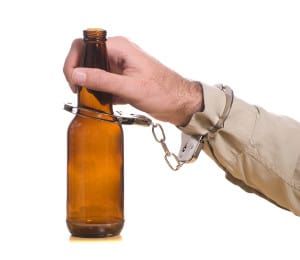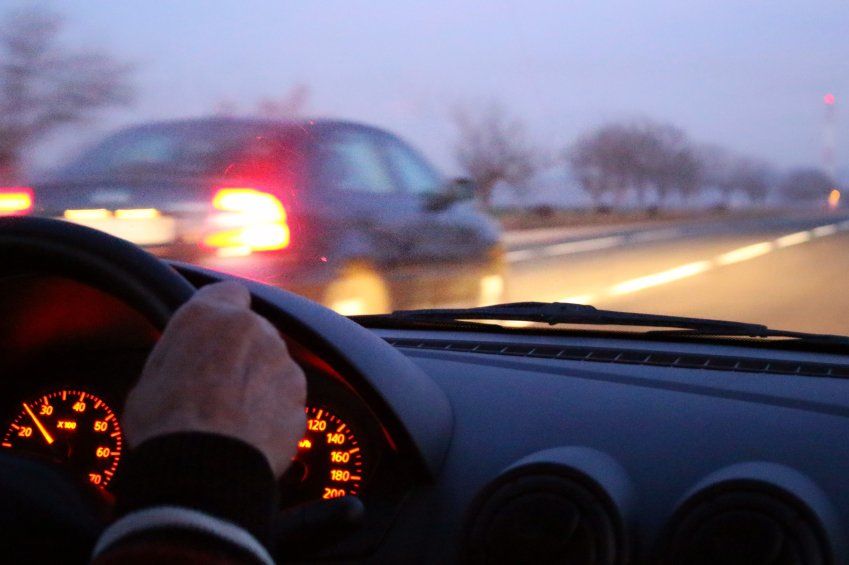 Unfortunately, it seems that Wisconsin takes top prize for the number of multiple-offense drunk drivers living in the state. Hardly a day goes by when we don’t hear about someone with six or more drunk driving convictions being arrested again… for driving drunk. But, this isn’t just a problem in Wisconsin, as a Missouri man proved when he was recently arrested for his 10th DWI.
Unfortunately, it seems that Wisconsin takes top prize for the number of multiple-offense drunk drivers living in the state. Hardly a day goes by when we don’t hear about someone with six or more drunk driving convictions being arrested again… for driving drunk. But, this isn’t just a problem in Wisconsin, as a Missouri man proved when he was recently arrested for his 10th DWI.
Ignition interlock devices effectively keep people from re-offending, but, the devices only work if they are used and especially when there are laws that require the device after just one drunk driving conviction. Since Wisconsin only requires an ignition interlock device for certain OWI offenses, it is common to see an offender with multiple convictions still legally driving, or circumventing the requirement completely. Missouri only requires an ignition interlock device after a 3rd drunk driving conviction, showing plenty of room for the devastation a drunk driver can cause in both states.
In states where there are all-offender ignition interlock requirements (even first-offense drunk driving convictions) it is uncommon to see multiple offenses like these occur. Most people learn their lesson the first time they’re convicted of drinking and driving, and move forward with better judgment and a healthy appreciation of the OWI and other drunk driving laws that keep us all safe.
A first-offense drunk driving charge can be seen as an irresponsible choice, one to never be repeated. However, after a second or any subsequent DWI, OWI or DUI charge, the pattern of behavior is much clearer. By using better interventions like ignition interlock devices for habitual drunk driving offenders, the opportunity to make any further irresponsible choices is taken out of the hands of those who have already proven they can’t make the best decisions once alcohol is a factor.

 Is Michigan Safe from Drunk Drivers?
Is Michigan Safe from Drunk Drivers?